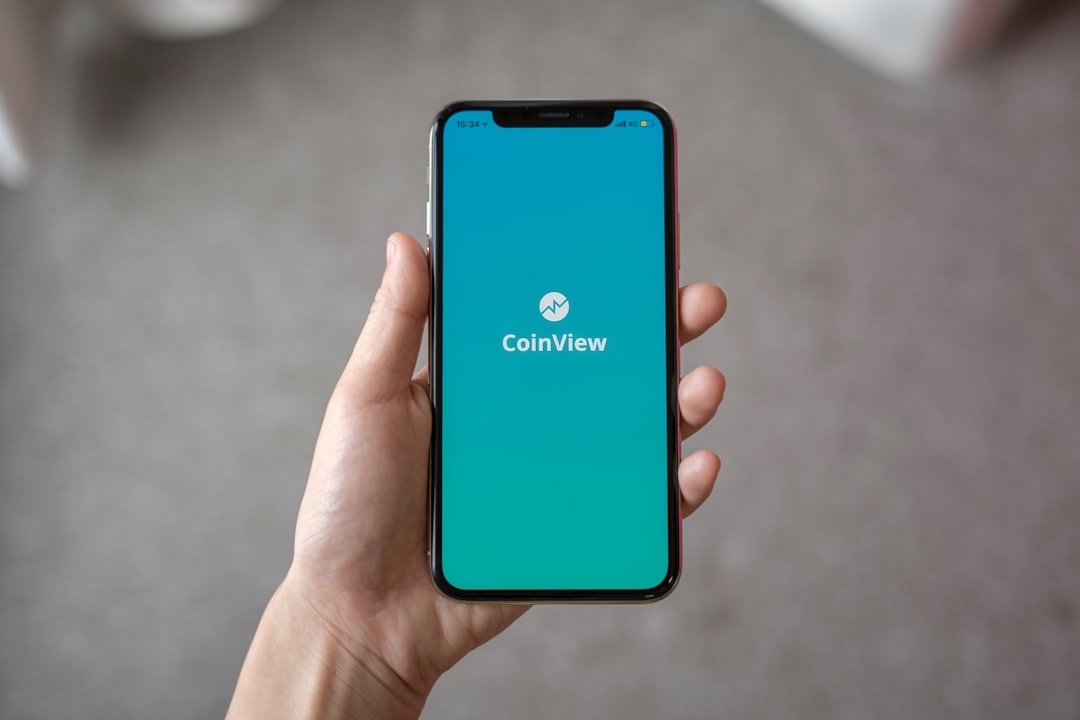Spam calls are a significant issue in West Virginia, disrupting daily life and invading privacy. With growing concern over identity theft and fraud, there's a demand for spam call attorneys to help residents navigate their rights under state and federal laws, including the Telephone Consumer Protection Act (TCPA). These attorneys ensure businesses, even spam call centers, adhere to regulations regarding consent, disclosures, and opt-out mechanisms. West Virginia residents can fight back by reporting spam calls, consulting these specialists, and leveraging legal action for substantial damages against violators, thereby reducing unwanted intrusions and fostering a safer digital environment.
In West Virginia, as across the nation, spam calls remain a pervasive issue, impacting residents’ daily lives. This article delves into the complex world of telemarketing, exploring the distinction between legitimate business calls and unwanted spam. We examine the legal framework protecting consumers from excessive spamming, specifically focusing on the crucial role of spam call attorneys in West Virginia. Understanding these dynamics is key to empowering residents with strategies to combat and report intrusive calls.
Understanding Spam Calls and Their Impact in West Virginia
In the digital age, spam calls have become a ubiquitous and often unwanted presence in West Virginia, much like a persistent shadow cast by the ever-increasing use of automated telephone marketing systems. These unsolicited calls, typically promoting products or services, can significantly impact residents’ quality of life. From disrupting daily routines to invading personal privacy, the effects are far-reaching. West Virginia residents often find themselves on the receiving end of these relentless messages, leaving many to seek relief and turn to spam call attorneys for guidance and protection.
The influx of spam calls in West Virginia highlights a growing concern among consumers. These calls not only disrupt individuals’ peace but also pose potential risks, such as identity theft and fraud. As a result, there is an increasing demand for legal assistance from spam call attorneys who can help navigate the complexities of consumer rights and privacy laws, ensuring residents receive fair treatment in the face of these persistent intrusions.
The Role of Telemarketers: Legitimate vs. Unwanted Calls
In the realm of communication, telemarketers play a dual role, often drawing comparisons to the delicate balance between desired and unwanted messages in West Virginia. Legitimate telemarketing involves professionals who contact individuals with informed consent, offering valuable products or services that align with consumer interests. These calls contribute to economic growth by facilitating sales and promoting businesses, ensuring fair practices that respect privacy rights.
Conversely, the rise of spam calls has become a significant concern for residents and spam call attorneys in West Virginia. Unwanted telemarketing involves aggressive marketing tactics where individuals are bombarded with promotional messages without their permission. Spam calls often exploit loopholes in regulations, causing frustration, annoyance, and even financial losses. This illegal practice prompts many West Virginians to seek legal recourse through spam call attorneys to protect their rights and regain control of their communication channels.
Legal Framework for Spam Call Attorneys in WV
In West Virginia, the legal framework surrounding spam calls is designed to protect residents from unwanted and deceptive telemarketing practices. The West Virginia Division of Labor’s regulations on telemarketing strictly govern how businesses, including spam call attorneys, can contact consumers. These rules mandate clear and concise disclosures, obtain prior written consent for phone marketing, and provide a way for individuals to opt-out of future communications. Violations can result in significant fines, emphasizing the importance of compliance for spam call attorneys operating within the state.
The Telephone Consumer Protection Act (TCPA) further strengthens these regulations at the federal level. It imposes strict restrictions on automated calls, including robocalls, and requires businesses to have explicit consent before initiating such contacts. For spam call attorneys, this means ensuring all marketing efforts adhere to these legal standards to avoid legal repercussions and maintain ethical business practices in West Virginia.
Strategies to Combat and Report Spam Calls
In the face of persistent spam calls, West Virginia residents have several effective strategies at their disposal to combat and report these unwanted intrusions. One crucial step is to familiarize oneself with local regulations regarding telemarketing practices. West Virginia has specific laws in place to protect consumers from nuisance calls, so understanding your rights is essential. Many spam call attorneys in West Virginia offer guidance on how to navigate these rules and take legal action if necessary.
Reporting spam calls is another powerful tool. Most phone service providers have mechanisms for filing complaints about unsolicited calls. Additionally, the Federal Trade Commission (FTC) provides resources and a dedicated hotline for reporting spam. By taking collective action and utilizing these reporting systems, individuals can contribute to reducing spam calls not only in their own state but also nationwide, fostering a safer digital environment.
How Spam Call Lawyers Help Protect Consumers in West Virginia
In the face of relentless spam calls, consumers in West Virginia have a powerful ally in spam call attorneys. These legal professionals specialize in navigating the complex landscape of telecommunications laws to protect individuals from unwanted and harassing phone calls. By understanding the nuances of federal and state regulations, spam call attorneys in West Virginia offer crucial guidance and representation to help consumers stop and prevent such nuisance calls.
They employ various strategies to combat spam calls, including filing lawsuits against violators, seeking substantial damages for each violation, and securing injunctions to halt recurring harassment. Their expertise enables them to educate consumers on their rights and provide legal remedies when necessary. With the increasing prevalence of automated phone systems and call centers, these attorneys play a vital role in ensuring that West Virginia residents’ privacy is respected and their peace of mind is upheld.






